Hotels
Pest Control for Hotels

Pest Control For Hotels
PestGuard’s comprehensive Pest Management Programme is the most effective way of keeping such infestations and the problems associated with pests at bay.
What is Integrated Pest Management (IPM)?
Integrated Pest Management (IPM) is a pest control management system focused on prevention and using pesticides as a last resort option so as to minimise environmental damage and compliment health and safety practices. IPM requires a collaborative approach between hotel management, staff and pest control contractors. Essentially it is a set of principles rather than a completely prescriptive model.
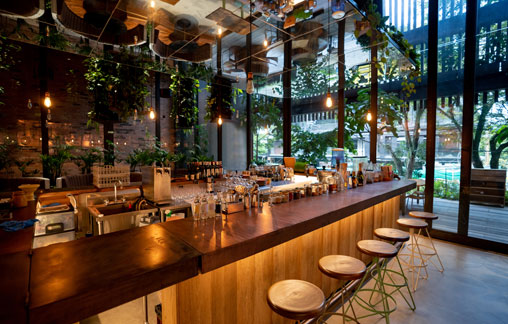
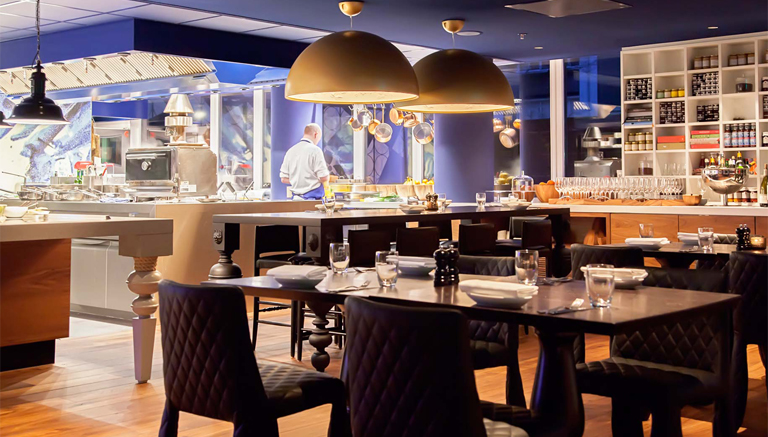
What are the benefits of using IPM in the hotel industry?
There are several factors driving the use of IPM in hotels:
- It is a very effective pest management system.
- It reduces exposure to pesticides and other chemicals potentially injurious to health.
- Customers generally prefer to stay in hotels that actively subscribe to environmental responsibility and awareness.
- A pest infestation can quickly erode into a hotels well-earned good reputation and it can take a very long time to recover from such an occurrence, particularly if the word has spread onto review sites, the press or social media.
Example of
IPM in practice
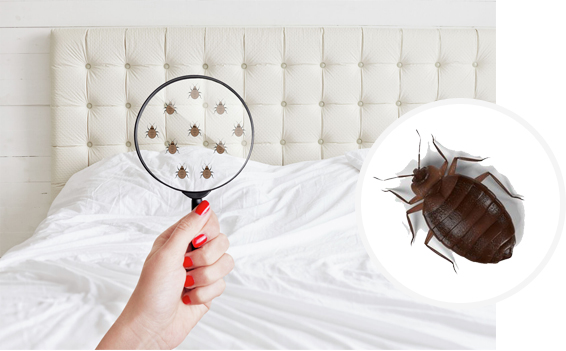
Bed Bugs
Pest prevention can be put into practice by simple measures such as general good housekeeping and cleaning, storing foods securely and having training policies and clear procedures to help identify and record pest problems. Identifying the type of pest is critically important. For example a bed bug problem will more than likely require immediate treatment.
Arriving on guests’ clothing and luggage, bed bugs are no reflection on the cleanliness of a premises, however the damage they inflict can be devastating and it is estimated that four out of five hotels deal with an incidence of bed bugs on an annual basis – requiring costly and disruptive treatment. It is the one pest problem which guests specifically identify as a likely reason for cancelling a booking. Unfortunately, it is often guests who unknowingly bring these other invited guests with them!
It is extremely important to identify bed bugs as soon as possible, providing housekeeping staff the necessary training to help with this process.
There is a range of commercial bed bug treatments which can be used to treat bed bugs. With IPM the first steps are:
A comprehensive inspection of the affected area.
Washing the bedding at a high temperature.
Using a “dedicated” vacuum for beds and other potential areas which may harbour bed bugs.
Once this is done (and if a professional treatment was also carried out) the area should be closely monitored to ensure that the pest problem has been completely eradicated.
Mice & Rats
Again IPM encourages a “preventive” approach by making hotels unattractive to rodents rather than the standard procedure of using bait and traps with toxic chemicals, some of which rodents are immune to. This can lead to the use of more and higher strength toxins.
It is important therefore to keep all potential rodent food sources securely sealed in containers including materials such as grass seed and pet food which need to be viewed in the same way as human food stuffs. Rats and mice aren’t too discerning!
Rubbish should be contained and emptied frequently. Seal any holes, repair pipes and protect drains and shores with mesh wiring or grates. Traps should be used, clearly identified and checked daily with rodenticide used as a last resort.
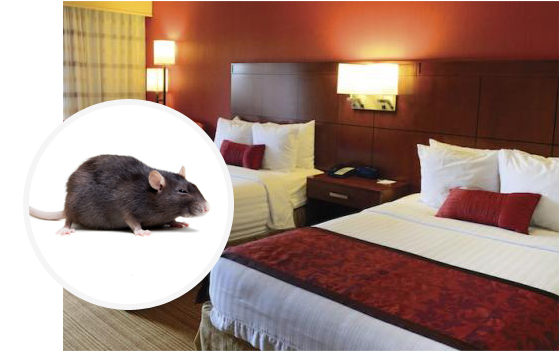
Finding the Right Pest Management Company
There is no universal accreditation for IPM practitioners at this time, but we would advise that as a hotelier that you should quiz potential pest control companies on how they implement IPM in practice, how the communication channels are used between both parties and practical examples of IPM in practice in the hotel sector. This will allow you to make an informed decision on choosing the right contractor for the pest control management activities at your establishment.
Your premier partner in providing tailored pest control solutions designed specifically for hotels. We understand the critical importance of maintaining a pest-free environment in the hospitality industry. With our expertise and commitment to excellence, we ensure that your hotel remains free from pests, safeguarding the comfort and satisfaction of your guests and preserving your reputation.
At Elis Pest Control all service contracts include emergency call outs and follow up site inspections which are carried out as a priority. Reactive treatments are designed to eradicate any current pest problems in the quickest possible time. Elis Pest Control is a proud Associate Member of the Irish Hotel Federation.
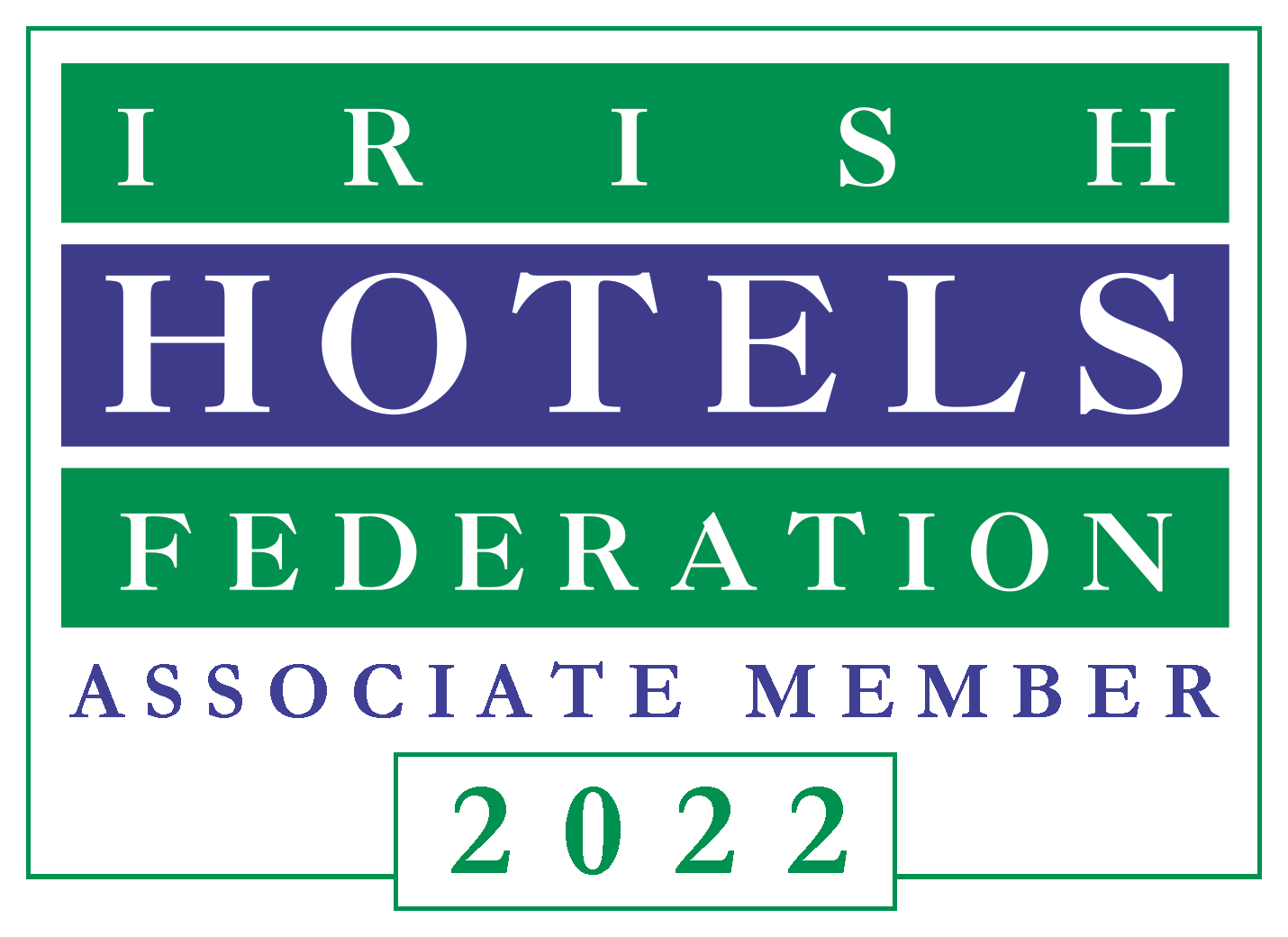
Why is Pest Control Crucial for Hotels?
Pests pose a significant threat to the hospitality industry, compromising guests’ comfort, safety, and satisfaction. From bed bugs and rodents to cockroaches and ants, pests can quickly tarnish a hotel’s reputation, leading to negative reviews and loss of business. Our comprehensive pest control services are designed to address these concerns effectively, allowing you to provide a clean and enjoyable experience for your guests.
Tailored Solutions for Hotels
Every hotel is unique, with its layout, amenities, and pest control challenges. That’s why we offer customized pest management plans that take into account your property’s specific needs. Our experienced technicians conduct thorough inspections to identify potential entry points, breeding grounds, and conducive conditions for pests.
Our Expertise
With years of experience serving the hospitality industry, our team possesses the expertise and knowledge to deliver reliable pest control solutions for hotels of all sizes. Whether you operate a boutique hotel, a luxury resort, or a chain of properties, you can trust us to safeguard your business against pests discreetly and efficiently.
Our Approach
Why Choose Us?
Comprehensive Inspection: We start by conducting a detailed assessment of your hotel to identify existing pest issues and potential vulnerabilities.
Customized Treatment: Based on our findings, we develop a tailored pest control plan that targets the pests specific to your property while minimizing disruption to your operations.
Discreet Service: We understand the importance of maintaining a positive guest experience. Our technicians work discreetly and efficiently to address pest problems without inconveniencing your guests.
Environmentally Friendly Methods: We prioritize the use of eco-friendly products and methods to minimize the environmental impact while ensuring effective pest eradication.
Preventive Measures: In addition to addressing current infestations, we implement preventive measures to mitigate the risk of future pest problems, helping you maintain long-term pest control efficacy.
Customized Solutions: We tailor our services to suit the unique needs of your hotel, ensuring maximum effectiveness.
Reliability: You can count on us for prompt, professional pest control services that prioritize your guests’ comfort and satisfaction.
Safety: We adhere to strict safety protocols to protect the health of guests and staff.
Preservation of Reputation: By keeping your hotel pest-free, we help you maintain a positive reputation and attract repeat business.
Frequently Asked Questions (FAQs) - Pest Control Service For Hotels:
Pest control is crucial for hotels to maintain a clean, comfortable, and safe environment for guests. Pests such as bed bugs, rodents, cockroaches, and ants can not only damage property but also pose health risks to guests, leading to negative reviews and loss of business.
Common pests encountered in hotels include bed bugs, rodents (mice and rats), cockroaches, ants, flies, and occasional invaders like spiders and beetles. These pests can enter hotels through various entry points and thrive in areas where food, water, and shelter are available.
The frequency of pest control treatments depends on factors such as the size of the hotel, the level of pest activity, and any specific regulations or guidelines. Typically, hotels may schedule regular inspections and treatments quarterly or biannually, with more frequent visits if there is a history of pest problems or seasonal pest activity.
Yes, our pest control methods prioritize the safety of guests and staff. We use safe and environmentally responsible products and techniques that comply with safety regulations and guidelines. Our technicians are trained to apply treatments discreetly and effectively, minimizing any disruption to hotel operations.
Yes, we understand the importance of maintaining a positive guest experience. We offer flexible scheduling options and can provide pest control services during non-peak hours, such as early mornings or late evenings, to minimize any disruption to guests. Our technicians work discreetly and efficiently to address pest problems without inconveniencing guests.
Signs of a pest infestation may include sightings of pests or their droppings, unusual odors, bites on guests, or damage to property. If you suspect a pest problem, it’s essential to contact a professional pest control provider promptly for a thorough inspection and treatment.
Our pest control services are specifically tailored to the unique needs of hotels. We understand the sensitive nature of working in the hospitality industry and prioritize safety, effectiveness, and discretion in our treatments. With our expertise and commitment to excellence, you can trust us to protect your hotel and the comfort of your guests.
